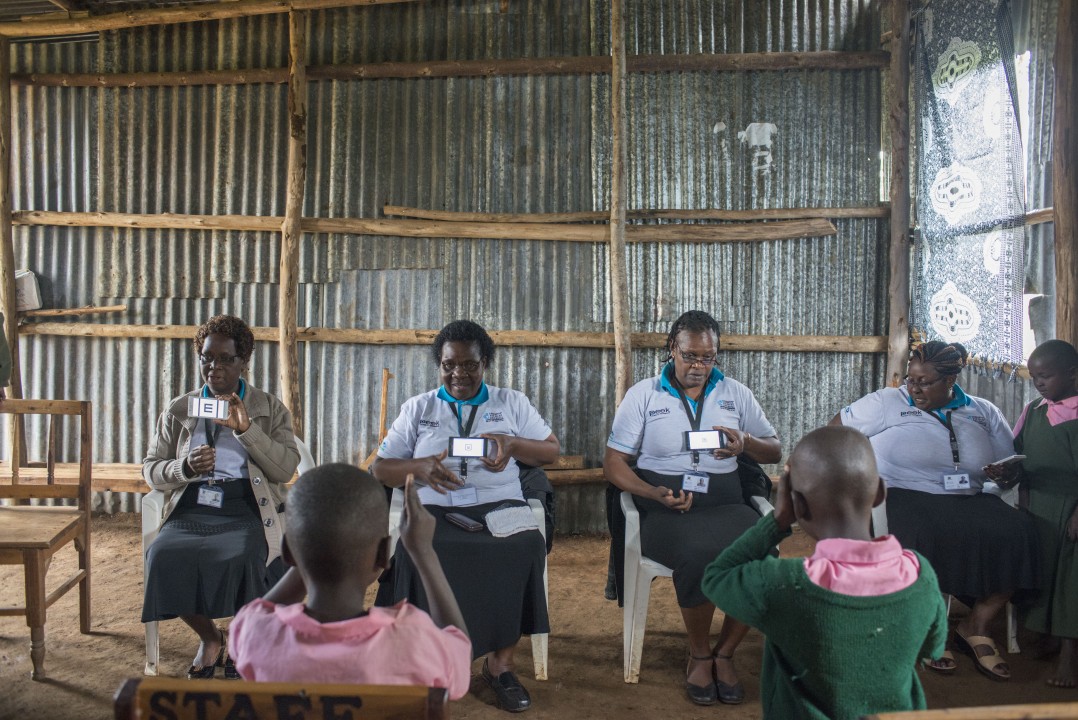
This article was first published on LinkedIn on 8 April 2021.
Part 2 of the latest episode in the DIT’s Tech for Growth Series is out now, exploring how mHealth is transforming the delivery of medical services in Africa. You can listen to the podcast here: https://spoti.fi/3wvUJEO
Over the two episodes I looked at a diverse range of digital health innovators, including Dr Andrew Bastawrous, CEO & co-founder of Peek Vision; Claire Morris, Director of International Programmes at Babylon Health & Shivon Byamukama, Managing Director at Babyl Health Rwanda; Israel Bimpe, Director, Africa Go-To-Market at Zipline; and Guillermo M Gauna-Vivas, founder of Ayúdame3D.

Zipline drone launching in Rwanda
Here are my five takeaways from our discussions:
1) These digital health innovators have shown, once again, that disruptive technology is not about the technology, it’s about the disruption. mHealth is not really about drones, 3D printers or AI; rather, it’s about the health services that can be delivered using these technologies. And each of these companies is being transformational in the way it is deploying these technologies.
2) These innovations emerged from personal experience and a desire to have a positive impact in Africa. Dr Andrew Bastawrous’s own struggle with poor vision as a child motivated him to address the glaring gap in eye care provision in Africa; the founders of Zipline and Ayúdame3D took technology they had developed – autonomous drones and 3D-printed hands, respectively – and went to Africa to explore how it could be used to provide medical services there.
3) These digital health solutions are all using readily available materials and technology, and are putting them together in the most effective manner. The 3D-printed hands produced by Ayúdame3D are made of PLA plastic, orthodontics rubber and fishing wire, all of which can easily be obtained in Africa. And Babylon Health uses feature phones and USSD to connect with its patients, most of whom don’t have smartphones. For me, this gets to the essence of what innovation is about – mixing old and new technologies to address persistent problems in a different way.
4) All of these companies were COVID-ready, despite two of them launching their African services at the very moment the pandemic struck. In a sense, COVID has been the absolute proof of concept for mHealth, as these technologies are specifically designed to be delivered remotely – whether a Zipline drone dropping medical supplies and vaccines, Peek Vision’s mobile phone app screening thousands of school children for eye disease, or Babylon Health’s remote doctors providing telephone consultations for people stuck at home with COVID. These companies have not only provided medical services to those who have been cut off from them, but they have reduced the movement of people from their homes and, in the process, have helped reduce transmission of the virus.
5) The ability of these companies to deliver their services depends on the strength of their partnerships, which include governments, donors, private companies, telcos, insurers and community networks. As Dr Andrew Bastawrous said in my interview with him: ‘The key to success is not the product. It’s the relationships. It’s the trust on the ground. And that is the most difficult thing to scale.’
That’s all for now. Please share your responses to the podcasts in the chat below. And look out for the next episodes in the Tech for Growth Series, which will be on educational technology (Edtech).
You can access the full Tech for Growth Series here: https://spoti.fi/2PN3A4z

Ayúdame3D’s founder, Guillermo M Gauna-Vivas, fitting a ‘trésdesis’ (3D-printed arm) in Africa